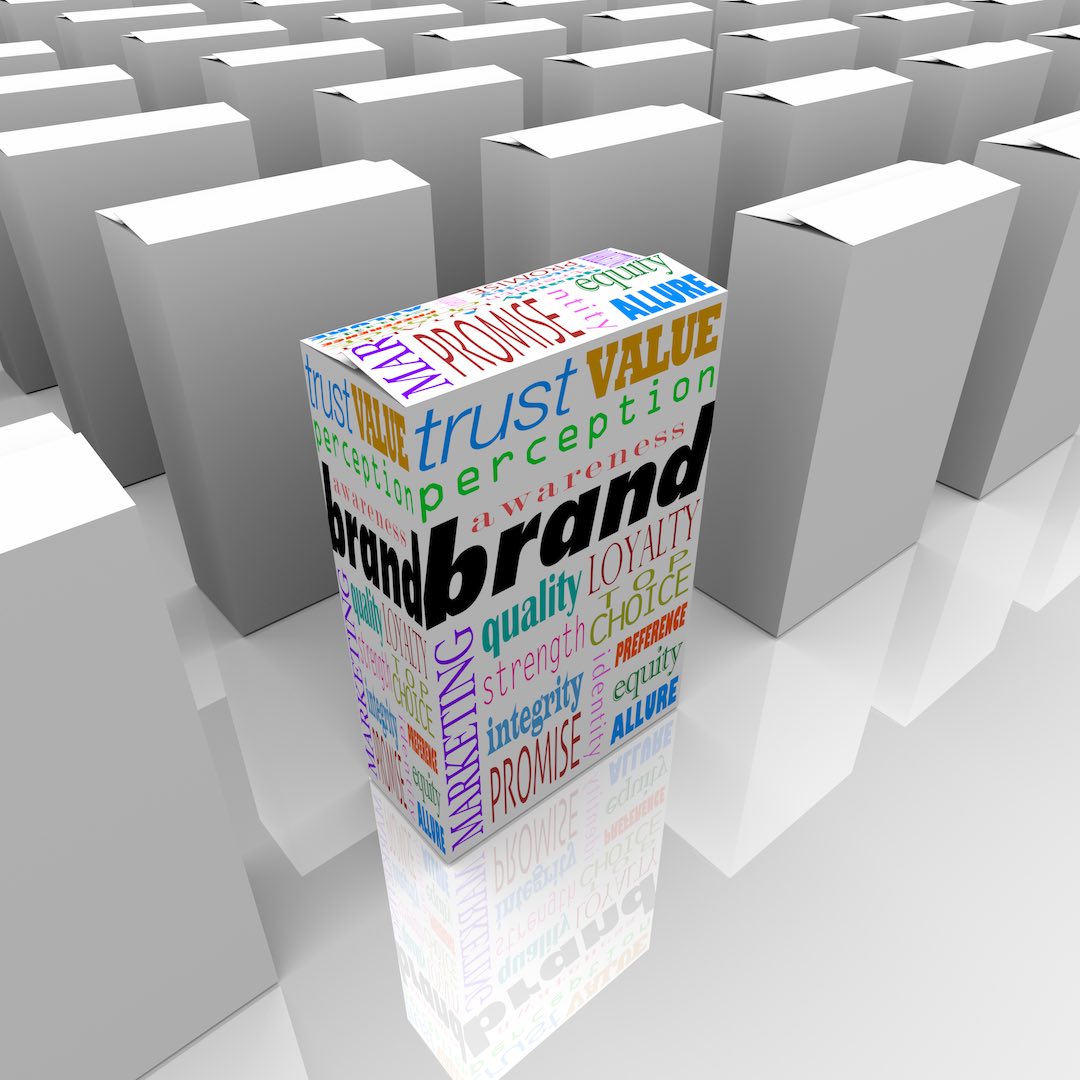 Whether you call them control brands, own brands, or exclusive brands, supermarkets and box stores love to have products labeled with their own brands.
Whether you call them control brands, own brands, or exclusive brands, supermarkets and box stores love to have products labeled with their own brands.
And, they have some good reasons: they like cutting out the middleman, thus making more profit; they are also concerned about building your own brand, just to have you raise the price, or take it away altogether.
To protect themselves and increase their margins, the stores create a myriad of brands whose trademarks they own outright, or whose producers agree to sell to them exclusively.
Control brands usually occur as a result of proven demand in a popular category that has such a proliferation of private brands that the product is seen as a commodity. In grocery, these include beverages, dairy products, meat products, frozen foods, and many other packaged goods.
If you are a cash-strapped start-up producer trying to build a new brand, this option may look quite tempting. The purchase orders are generally large, and the reorders frequent. It appears to be an opportunity to create instant cash flow–but wait! This can also be a trap that actually destroys your brand! Before you decide this is the way to go, consider the following:
1. Limited Visibility.
When you agree to exclusivity, your brand is only visible in the chain of which you have given exclusivity. Sure, they may be growing, and with their expansion comes yours. But ultimately, the general public sees your brand as belonging to the chain, not to you. Should your exclusivity arrangement end, you will find it difficult to move to another chain because the other chain’s buyer believes their competitor’s customers are different from theirs. The other chains think the customers who shop exclusively at their stores wouldn’t recognize and buy your brand.
2. Buyer’s Whim.
If you have an exclusive relationship with a chain for years, your entire business can become dependent on it. But what if the chain gets a new buyer, who may decide to limit the growth of your brand or discontinue it all together – without much warning? Suddenly, the future of your brand is in the hands of a buyer with a different set of priorities. As long as those align with yours, you’re golden; but when they differ, you lose big time!
3. Coercion.
After a few years, the buyer knows that you have become dependent on his business. Now he can, and often does, put the squeeze on you for better pricing, all the while implying (if not outright stating) that other producers would happily meet or beat your price. In order to save the business, you will comply. Your margins take a hit and the noose tightens.
4. Undercutting.
Sooner or later, a competitor will attempt to undercut your pricing to get the business away from you. Of course, he is putting himself in the same type of jeopardy you did, but he, like you, will attempt to dismiss the risk when he sees the volume and perceived profitability of producing an exclusive brand for a major chain.
As brand builders who have been through this, our recommendation is to avoid exclusive brands altogether. If you must indulge in this dangerous game, consider doing the following:
- Own the trademark for the exclusive brand
- Limit the territory of the exclusivity
- Negotiate a performance-based contract
- Create a second non-exclusive brand
Remember, your primary business is building brand equity, which is dubious in an exclusive brand. Building a brand that the general public can recognize and buy anywhere is what ultimately gives you the advantage. The chains will want to carry your product, with your label, because their customers demand it.


